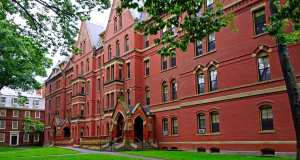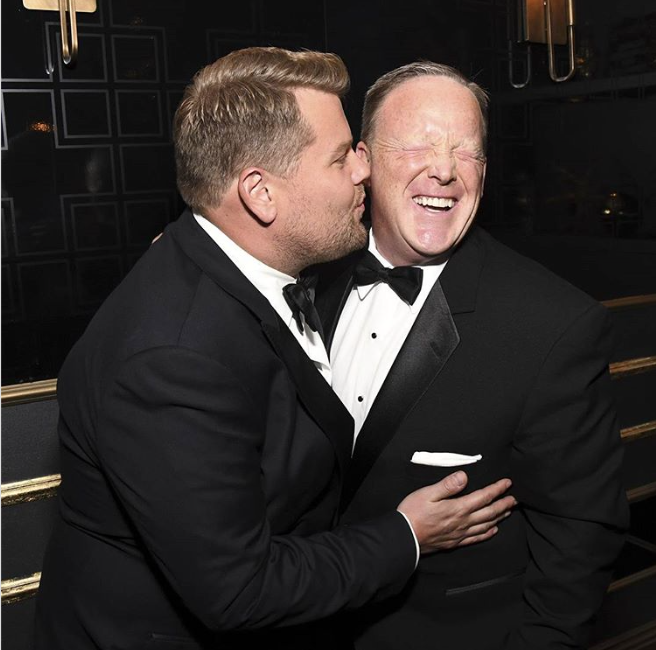By Sarah Carlon
Contributing Writer
Harvard University’s John F. Kennedy School of Government announced last week that it would invite Chelsea Manning to be a visiting fellow. Just over two days later, however, the Kennedy School of Government Dean Douglas W. Elmendorf revoked the fellowship invitation.

Every semester, the Kennedy School invites an important political figure to perform the same duties as a resident fellow, but usually for a week rather than a semester. Although each visit is customized to fit the fellow’s schedule and background, duties such as conducting lectures and study-groups for both students and faculty are usually expected of visiting fellows.
Manning’s invitation started controversy, both within the Harvard community as well as around the nation. Many who strongly opposed her visit cited her violation of the 1917 Espionage Act by leaking classified documents back in 2010, which put many U.S. operations in both Iraq and Afghanistan at risk.
Michael J. Morell, the Deputy Director of the CIA under the Obama administration and resident fellow at the Harvard Kennedy School of Government, resigned in protest.
In his resignation letter, Morell said, “I cannot be part of an organization — the Kennedy School — that honors a convicted felon and leaker of classified information, Ms. Chelsea Manning, by inviting her to be a visiting fellow at the Harvard Kennedy School’s Institute of Politics.”
Soon after Morell’s resignation, CIA Director Mike Pompeo cancelled an event at the Kennedy School because of Manning, as stated in a letter posted to the CIA’s official Twitter. It was after these two incidents that the Kennedy School officially rescinded their invitation to Manning.
Dean Elmendorf issued a statement regarding the decision:
“We did not intend to honor [Manning] in any way or to endorse any of her words or deeds, as we do not honor or endorse any Fellow. However, I now think that designating Chelsea Manning as a Visiting Fellow was a mistake, for which I accept responsibility…I apologize to her and to the many concerned people from whom I have heard today for not recognizing upfront the full implications of our original invitation.”
Those who support Manning are outraged, claiming that Harvard caved to outside pressures to avoid losing more influential fellows and supporters in the government.
“So this is [the CIA] telling one of the American academic institutions, no, you cannot bring this to your school…And that’s what that was. This is a police state,” Manning said last Sunday at the Nantucket Project, an annual conference based out of Massachusetts. “…we can no longer engage in actual political discourse in our institutions. Our institutions have no discussion.”
Dean Elmendorf and Harvard have yet to announce replacement fellows following both the retraction of Manning’s fellowship and Morell’s resignation. Harvard, however, has announced that former White House Press Secretary Sean Spicer will be a visiting fellow for Fall 2017. Only time will tell who will replace Manning and Morell as visiting fellows.














